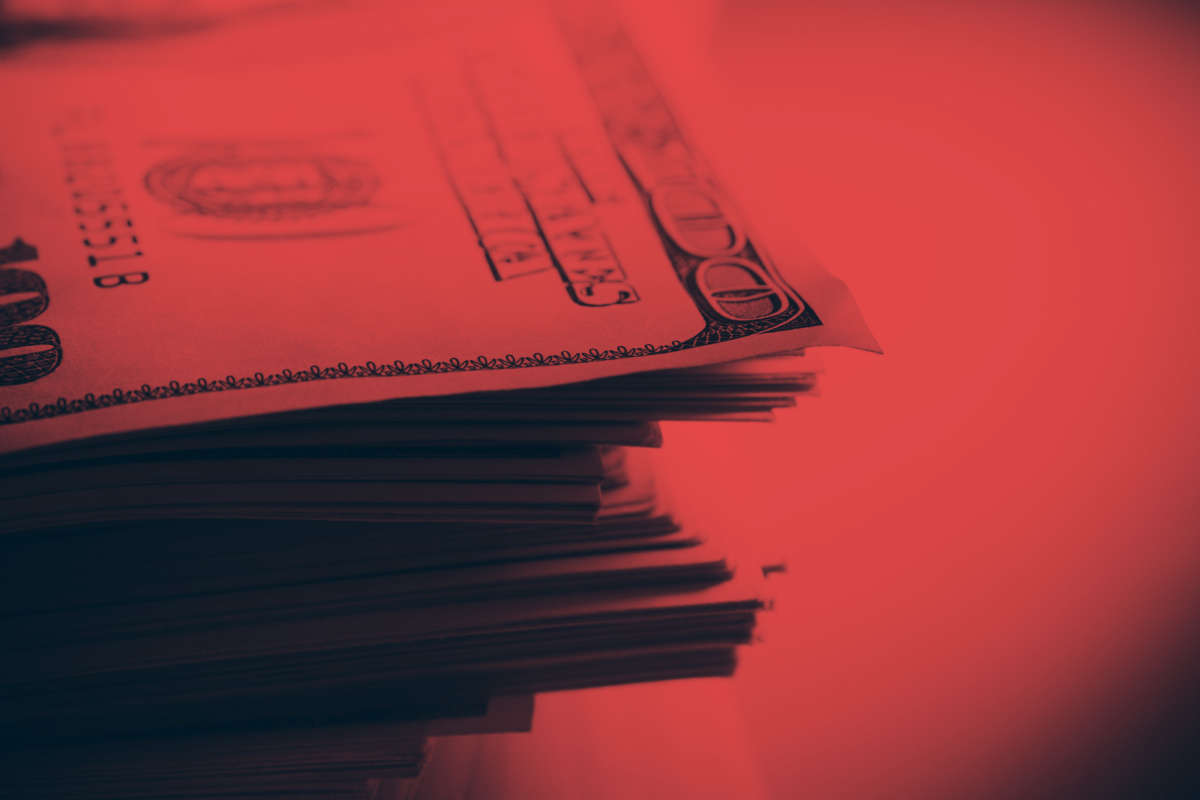Campaign spending from outside groups has hit a new high this election cycle, and a new analysis shows that Republicans running for key Senate seats have been a major beneficiary of this dark money infusion.
According to NPR, dark money groups have spent $1 billion on supporting Republican candidates this election cycle, with outside groups and campaigns spending over $1.6 billion overall on Senate candidates in a dozen races analyzed by the publication. The vast majority of this money is being spent on battleground races in states like Georgia, Pennsylvania and Ohio.
This has been a huge boon to Republicans. The report finds that outside money has made up a staggering 86 percent of the GOP’s TV ad budget so far, compared to 55 percent for Democrats. This is an indication that Republican candidates desperately need this dark money cache to be competitive, the analysis says, since outside groups are charged more to run ads than campaigns are.
“Put simply: If it weren’t for these outside groups, Republican candidates would be swamped on the airwaves,” the report reads. “[T]he inability for Republican campaigns to keep pace with Democrats has meant these GOP outside groups have had to make up a lot of ground, spending more for less.”
This spending comes as outside spending on elections is on the rise. According to OpenSecrets, as of mid-October, outside spending hit $1.3 billion in this election cycle — a record high for a midterm election.
Republican groups are the biggest spenders, with the GOP’s two largest congressional funds spending a collective $315 million with weeks to go until the election. By contrast, the Democrats’ corresponding congressional funds have spent about $168 million so far — only a little over half of the Republican PACs’ spending.
Progressives and government watchdog groups have long maintained that dark money spending is a danger to U.S. democracy. Thanks to the Supreme Court’s decision in Citizens United v. Federal Elections Commission in 2010, dark money groups are able to spend unlimited amounts of money on elections, essentially only bound by the amount of money that billionaires and corporations are willing to spend on influencing politics.
Dark money groups aren’t required to disclose their donors, meaning that this political spending is often completely anonymous — thanks in part to Republicans, who voted against a bill last month that would have required dark money groups to disclose the identities of those who give $10,000 or more.
The battle over the Senate is key for both major parties this election. In order to win control of the Senate, Republicans will need to pick up two more seats over the 50 seats they control, which they are not favored to do.
Polls have found that Democrats are slightly favored to win control of the Senate. Democrats have been aiming to add two seats to their Senate majority in order to circumvent filibuster holdouts Senators Joe Manchin (D-West Virginia) and Kyrsten Sinema (D-Arizona) to protect abortion and voting rights, among other things.
Join us in defending the truth before it’s too late
The future of independent journalism is uncertain, and the consequences of losing it are too grave to ignore. To ensure Truthout remains safe, strong, and free, we need to raise $17,000 by midnight tonight. Every dollar raised goes directly toward the costs of producing news you can trust.
Please give what you can — because by supporting us with a tax-deductible donation, you’re not just preserving a source of news, you’re helping to safeguard what’s left of our democracy.
